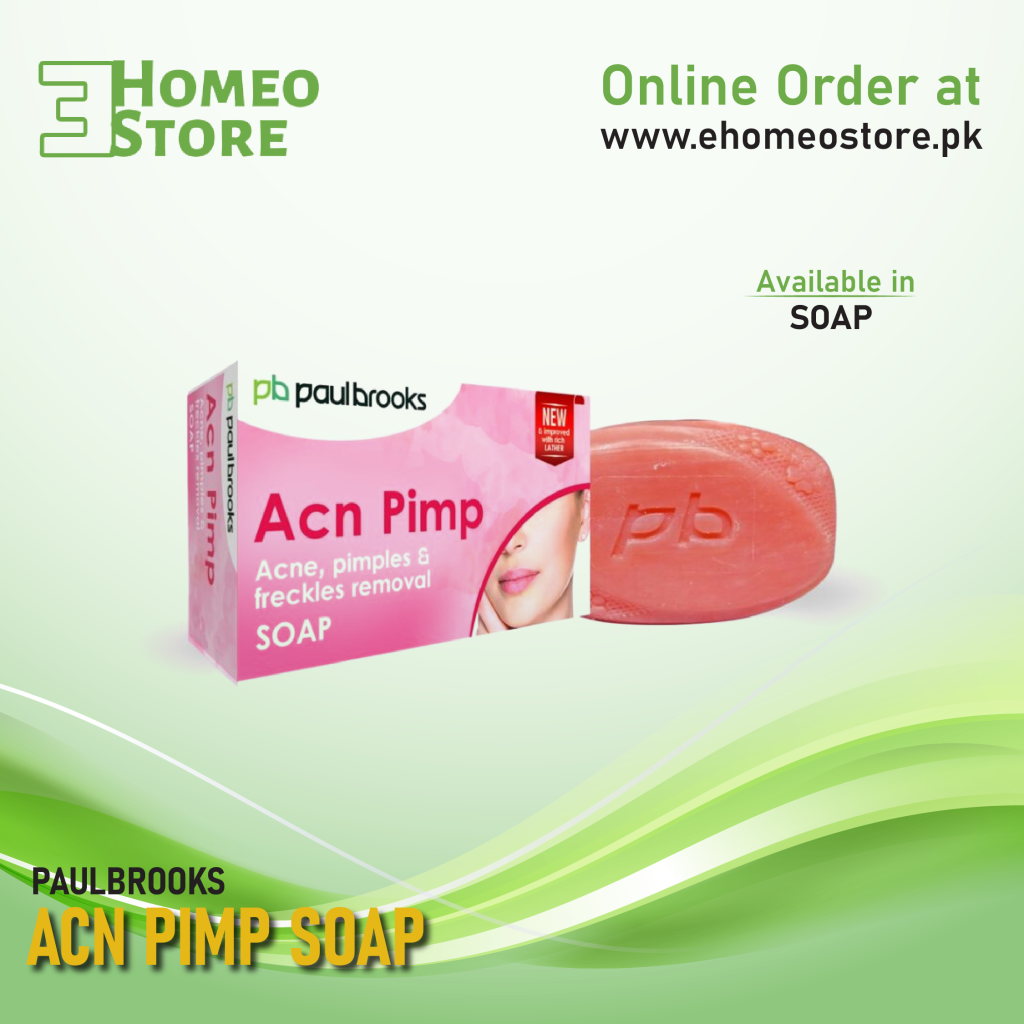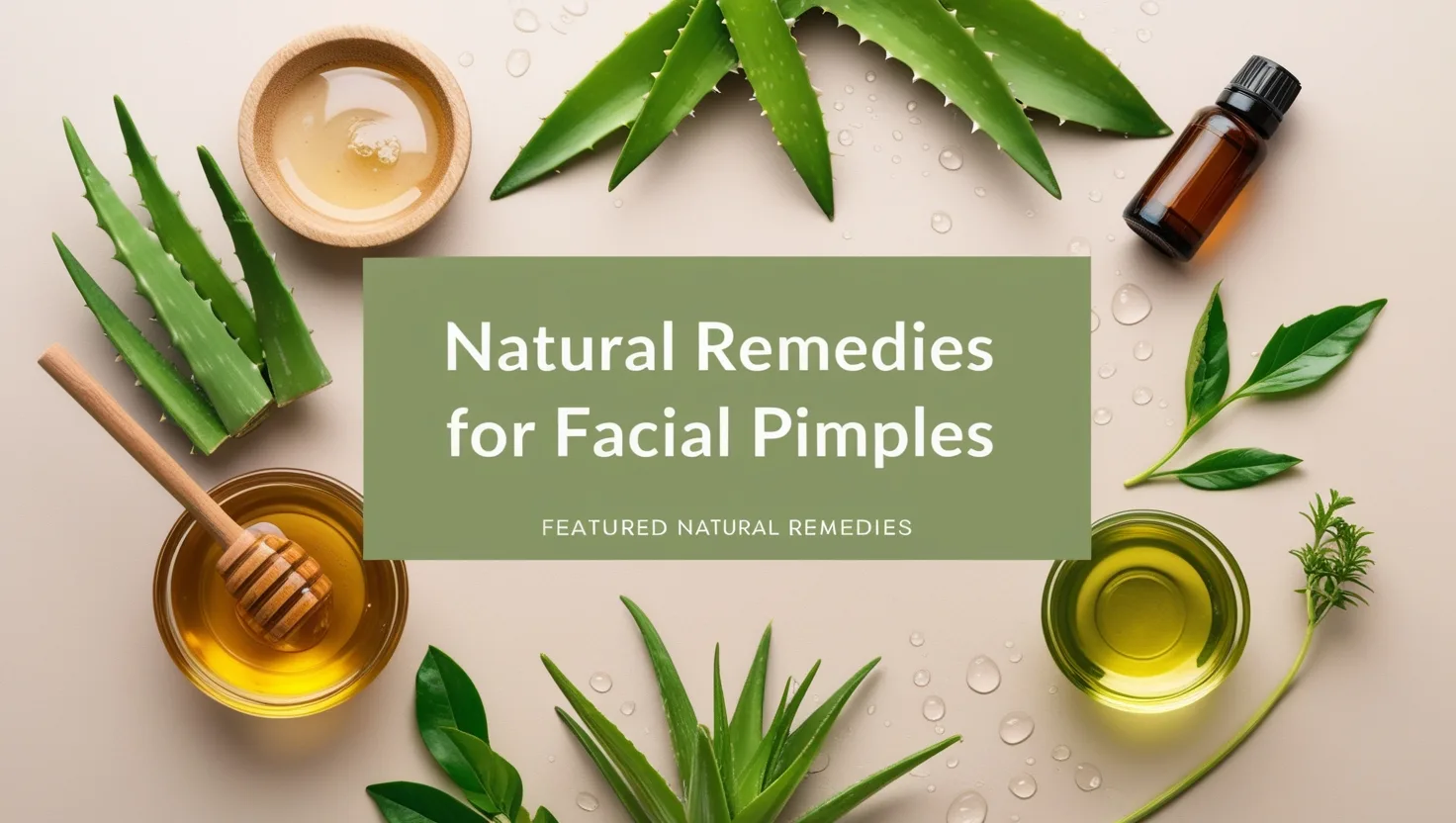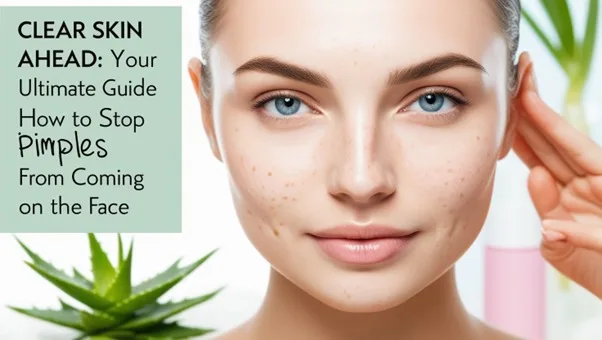Understanding and How to Stop Pimple Coming on Face:
What are Facial pimples?
Facial pimples are often the result of clogged pores, excess oil production, and bacteria. Hormonal changes, stress, and certain foods can trigger breakouts. In this article, you will learn how to stop pimple coming on face.
Different types of facial pimples:
Pimples come in various forms, including whiteheads, blackheads, papules, pustules, and cysts. Each type requires a slightly different approach to treatment. For instance, I’ve had success treating blackheads with salicylic acid, while cystic acne often needs more intensive care.
Common misconceptions about facial pimples:
Many people search for this query on how to stop pimple coming on face and they believe that chocolate causes acne or that popping pimples makes them heal faster. These are myths. Maintaining a balanced diet and keeping the hands off to face have been far more effective in managing breakouts.
Causes of Pimple on Face:
Several factors can be the causes of pimple on face. One of the primary reasons is the overproduction of “sebum,” a natural oil that clogs pores when mixed with dead skin cells and bacteria. Hormonal changes, especially during puberty or menstrual cycles, can also trigger breakouts.
In addition, lifestyle factors such as a diet high in processed foods, stress, and lack of sleep may exacerbate the issue. Poor skincare habits, like not cleansing the face properly, can further contribute to clogged pores and pimple formation. Addressing these causes can help in managing and reducing “pimple” outbreaks effectively.

Daily Skincare Routine for Acne Prevention:
Choosing the right cleanser for your skin type:
Selecting a cleanser that matches your skin type is crucial. A gel-based cleanser works wonders for oily skin, while dry skin benefits from creamy, hydrating formulas. I swear by a gentle, foaming cleanser that doesn’t strip my combination skin.
The importance of proper moisturizing:
Contrary to popular belief, even oily skin needs moisture. A lightweight, oil-free moisturizer can help balance your skin and prevent excess oil production. I’ve found that applying moisturizer while my skin is still damp helps lock in hydration.
Incorporating sunscreen into your routine:
Sun protection is non-negotiable for healthy skin. UV rays can worsen acne and lead to hyperpigmentation. A broad-spectrum SPF 30 or higher should be your daily companion, which will help to stop pimples from coming on your face. I prefer mineral sunscreens as they’re less likely to clog my pores.
Lifestyle Changes to Reduce Pimple Breakouts:
Diet modifications for clearer skin:
While there’s no one-size-fits-all diet for acne, reducing dairy and high-glycemic foods can help some people how to stop pimple coming on face. Incorporating more fruits, vegetables, and omega-3 fatty acids may improve skin health. I’ve noticed fewer breakouts since cutting back on processed foods and increasing my water intake.
Stress management techniques:
Stress can wreak havoc on your skin. Techniques like deep breathing, meditation, or yoga can help manage stress levels. A daily 10-minute meditation practice helps keep both my mind and skin clearer.
The role of exercise in skin health:
Regular exercise improves blood circulation, which can benefit your skin. Just remember to cleanse your face after sweating to prevent clogged pores. A post-workout glow is real – I always feel my skin looks brighter after a good run.
Treatment for Pimple on Face:
Key ingredients to look for in acne products:
Benzoyl peroxide, salicylic acid, and alpha-hydroxy acids are powerful acne-fighting ingredients. Niacinamide and tea tree oil can also be beneficial. I’ve had great success with a 2% salicylic acid toner in keeping my pores clear.
How to properly apply spot treatments:
Apply spot treatments directly on the pimple after cleansing and toning. A little goes a long way – using too much can irritate your skin. I find that dabbing a tiny amount on trouble spots before bed often reduces their appearance by morning.
Building a consistent treatment regimen:
Consistency is key in acne treatment. Establish a routine and stick to it for at least 6-8 weeks to see results. My evening routine of cleansing, toning, treating, and moisturizing has been a game-changer for my skin’s overall health.
Natural Remedies for Facial Pimples:

DIY face masks for acne-prone skin:
Honey, oatmeal, and turmeric are natural ingredients known for their skin-soothing properties. A simple mask of honey and cinnamon has often helped calm my inflamed skin. Remember to patch-test any new ingredients before applying them to your face.
Essential oils with pimple-fighting properties:
Tea tree, lavender, and rosemary oils have antimicrobial properties that can help fight acne-causing bacteria. Always dilute essential oils with a carrier oil before applying to the skin. I like adding a drop of tea tree oil to my moisturizer when I feel a breakout.
Herbal supplements for skin health:
Some people find herbs like evening primrose oil or green tea beneficial for skin health. While I can’t guarantee their effectiveness, I’ve noticed improvements in my skin’s clarity since incorporating a daily cup of green tea into my routine.
When to Seek Professional Help:
Signs that your acne requires medical attention:
If over-the-counter treatments aren’t working, or if your acne is severe, painful, or leaving scars, it’s time to see a dermatologist. I wish I had sought professional help sooner for my cystic acne – it would have saved me a lot of frustration and potential scarring.
Types of dermatological treatments available:
Dermatologists can offer treatments like prescription topicals, oral medications, chemical peels, or laser therapy. Each treatment is tailored to your specific skin needs. My dermatologist prescribed a retinoid cream that significantly improved my stubborn pimple.
What to expect during a dermatologist’s visit:
Find a dermatologist near you and during your visit, the dermatologist will examine your skin, discuss your medical history, and take photos to track your progress. They’ll work with you to create a treatment plan. Don’t hesitate to ask questions – I always prepare a list before my appointments.
Preventing Acne Scars and Hyperpigmentation:
Why you shouldn’t pop pimples:
Popping pimples can lead to scarring and spread bacteria, potentially causing more breakouts. It’s tempting, I know, but resist the urge. I’ve learned to slap on a pimple patch instead of picking at my skin.
Post-pimple care for healing skin:
Gentle skincare and sun protection are crucial for healing skin. Ingredients like niacinamide and vitamin C can help fade dark spots. I’ve found that patience and consistent care have been key in helping my skin recover from breakouts.
Products to fade acne marks:
Look for products containing ingredients like vitamin C, kojic acid, or licorice extract to help fade acne marks. A vitamin C serum has been a staple in my routine for brightening and evening out my skin tone. Or you can try Acne Pimp Soap which will surely help you how to stop pimple coming on face.
For more information and to purchase this product, visit the eHomeo Store.
Summary:
If you are one of those who are searching for how to stop pimple coming on face for a long time, then preventing and treating facial pimples requires a combination of good skincare habits, lifestyle adjustments, and sometimes professional help. Remember, what works for one person may not work for another. Be patient, consistent, and kind to your skin. With time and the right approach, clearer skin is achievable.
Frequently Asked Questions (FAQs):
How long does it take to see results from acne treatments?
It typically takes 6-8 weeks to see noticeable improvements. Patience is key in acne treatment.
Can makeup cause pimples?
Some makeup can clog pores and lead to breakouts. Look for non-comedogenic products and always remove makeup before bed.
Are there any foods that cause acne?
While diet affects everyone differently, high-glycemic foods and dairy have been linked to acne in some people.
Is it possible to prevent hormonal acne?
While you can’t completely prevent hormonal acne, a consistent skincare routine and lifestyle changes can help manage it.
How often should I wash my face to prevent pimples?
Generally, washing your face twice a day is sufficient. Overwashing can strip your skin and potentially lead to more oil production.
How to stop pimple coming on face?
Preventing and treating facial pimples requires a combination of good skincare habits, lifestyle adjustments, and sometimes professional help.

